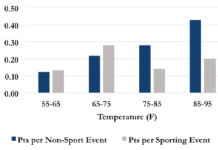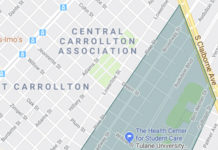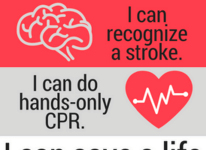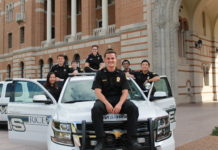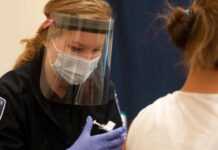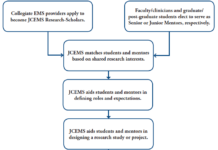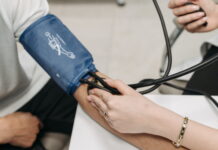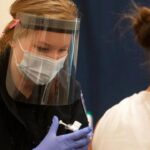EMS Resource Utilization at College Campus Mass Gathering Events
This study aimed to examine EMS utilization during mass gathering events at an urban university with a collegiate-based EMS agency. Findings suggest that college event planners can potentially utilize event and weather features to predict EMS resource utilization.
Assessing the Adequacy of Behavioral Health Training for Collegiate EMTs
This study aimed to assess EMT self-reported preparedness for behavioral emergencies and to compare behavioral call experience to preparedness.
Free of Charge: Analysis of an Urban Collegiate EMS Agency
Herman et al. conducted a retrospective review of itemized billing forms from Tulane EMS. The financial costs saved by students due to the availability of Tulane EMS were estimated.
Determinants of Volunteer Collegiate-Based Emergency Medical Service Budget Size
This unique study examines determinants of budget size and budget sources for a cross-section of collegiate EMS agencies.
Cardiac Health and Stroke Awareness Month (CHASAM)
Massachusetts Institute of Technology (MIT) EMS designed a non-certification learning opportunity for students who have not previously sought out CPR training. MIT EMS’s creation of an annual Cardiac Health and Stroke Awareness Month (CHASAM), piloted in 2016 and repeated in 2017, substantially increased the number of trained bystanders from a diverse selection of residential communities.
Interview with Lisa Basgall
JCEMS offers an exclusive interview with Lisa Basgall, EMS Director of Rice University EMS – 2019 Collegiate EMS Organization of the Year.
Standing Up and Staffing a Covid Vaccine Clinic on a Collegiate Campus
The University of California – Davis Fire Department discusses their experience setting an administering an on-campus COVID-19 vaccine clinic.
The JCEMS Research Mentorship Program
JCEMS developed a Research Mentorship Program to build research capacity in the collegiate EMS community.
The Relative Importance of Vital Signs in Campus-Based Emergency Services
This study examined the vital signs of patients of the University of Texas at Dallas' BLS response team and compared them to established standards of upgrading to ALS.
You Can Learn a Lot from a Pair of Sneakers
To be treated like professionals, collegiate EMS providers need to display professionalism in their attitude and appearance.

